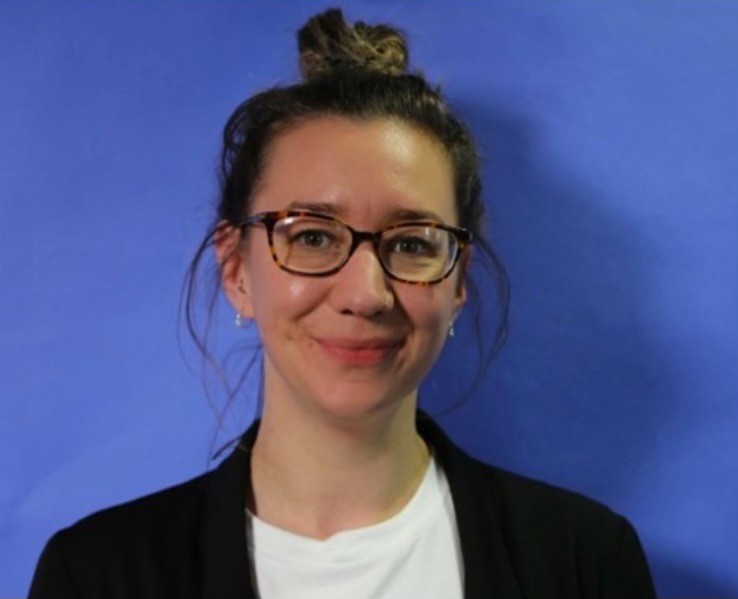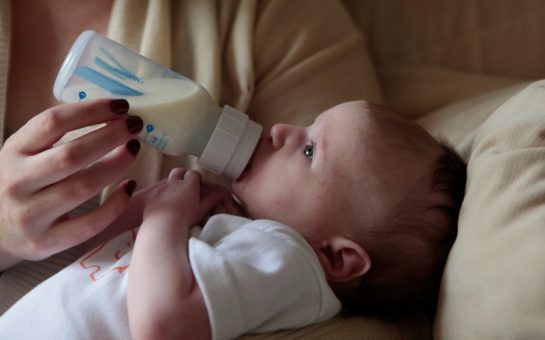An increasing number of women would prefer self-screening for cervical cancer rather than visiting a clinic, a charity survey found.
Jo’s Trust, a leading cancer charity, revealed 32% of 2,000 women in England would rather self-screen, rising to 62% if it was ‘easy and reliable’.
The study took place in June 2020 and reinforces self-screening as a viable healthcare tool to encourage more women to get checked.
A historical issue
According to NHS Cervical Cancer Screening Programme data, coverage for women in all age groups has generally declined since 2011.
Coverage for women aged 25-49 was 70.2% in 2020, almost 10% below the ‘acceptable’ figure, whilst coverage for women in the older age group fell to its lowest since 2011, at around 76%.
But the reasons women don’t attend screenings vary hugely according to Kate Sanger, Head of Policy and Communications at Jo’s Trust.
She said: “We know from our research more women struggle to attend traditional screening.
“There’s lots of reasons for that, such as women who find it painful, women who’ve survived sexual violence or have a physical disability, or who are living with a range of different conditions that make it more difficult.
“This is as well as things like general anxiety or embarrassment around having the procedure done.”

The barriers women in London face
London’s multiculturalism may also play a part into why certain women forgo screenings, Sanger added.
Screenings in south west London from 2018-2019 and 2019-2020 show the number of women screened declined across boroughs.
Dr. Jo Waller, Reader in Cancer Behavioral Science at Kings College, said: “Across all screenings, it’s more likely that you’re not going if you’re from a more deprived background.
“It is also more likely to be women from ethnic minority groups and people who didn’t have English as a first language.”
Waller added that women may also do away with testing because of how rare of cervical cancer has become.
She said: “In a way, the programme has been a victim of its own success.
“Most people don’t know someone who’s had it and so there’s no motivation to go.
“I think there’s also a tendency for younger women not to feel at risk because cancer is something that happens to older people.
“With cervical cancer that’s not the case, it peaks in people’s 20s so it’s a younger women’s disease.”
Self-screening – a game-changer?
Following the survey findings, both Sanger and Waller stressed the importance of delivering a programme both accessible and available to all.
Waller said: “There’s not a one size fits all, but we do find that the one reservation people have about self-sampling is they don’t feel confident doing it.
“There probably will always be people who would rather have a clinician do the test for them.
“But the more data we have to tell people that actually we know we can get a good sample from a self-screen and that it’s accurate, the more normalised it will become.
“I think ultimately we’ll probably get to a position where we’re offering people the choice to do it.”
While self-screening is still widely used, Kate believes it could be one of multiple ways to reform cervical cancer prevention.
She pointed to YouScreen, a study currently going ahead in north London providing self-sampling kits in the hopes of increasing coverage.
Sanger concluded: “It’s really about looking at what women want.
“If we’re not giving people the programme that they want, it takes a lot more for people to feel willing or wanting to engage with it.”




